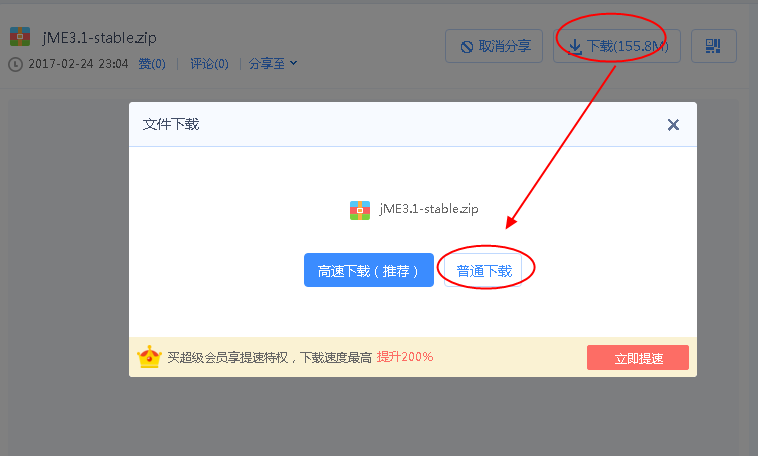Just a clarification for anyone stumbling on this statement… Lemur requires a minimum of 3.1 beta. It works fine with 3.1 stable.
I disagree on that, because that stable tag has brought us here. People stopped using 3.1 alpha’s but were going with 3.0 again, because it is more stable. The truth is it is only ancient, and any bug discovered in the last two years never made it into 3.0.
And there is a 3.1.0-stable release, right at the top of the releases.
Thanks a lot.
I see that 3.1.0-stable versions of the library packages jme3-core, jme3-blender, and so on have been uploaded to bintray.com, which is good for users of Maven/Gradle/Ivy. However, a couple library packages seem to be missing. Where can I find 3.1.0-stable Maven artifacts for jme3-jbullet and jme3-testdata?
The test-data is just models and such, and so has no javadoc or sources - so is not allowed on bintray - however you can get them straight from git. The bullet jar does not belong to jmonkey, so they aren’t allowed to re-distribute it afaik.
Slight corrections…
…is not allowed in jcenter. Which is specifically for publishing public open source maven artifacts.
I don’t think it’s a matter of being allowed or not… but it does feel weird and it is bad form to publish someone else’s library for them. (Though I guess technically we could publish it under our own groupId to avoid collisions if the original authors delurk and continue development somehow.)
The SDK also provides all that libraries just a click away in your libraries window.
Obtaining the JARs manually is not difficult. However, I’m struggling to describe the process in the form of a Gradle build script. I’m still in the early stages of learning Gradle, and it’s not obvious to me how to translate that GitHub URL into something that will cause Gradle to download all those asset files (in a portable fashion).
If asset JARs can be published on bintray, doing so would resolve my issue with jme3-testdata.
I’m also surprised to learn that jBullet isn’t redistributable, as it appears to be included in the SDK distribution.
I’m sorry, but do you have jmonkeyplatform for 3.1 stable, because I can’t download it on the website.
Download it in this way if you can’t read Chinese.
Or I just send you an emial with jme-3.1.0-stable. just leave your email here.
Thank you very much, I already made it!
Download to build folder, use file as dependency. That way you could use any url that gives us a file that can be understood by java.
Woot! Way to go guys!
Thank you and keep up the good work!
22 posts were split to a new topic: jMonkeyEngine 3.1.0 how do I download the massive SDK?
Under project properties change Source/Binary Format to JDK 8.
@pspeed is there an option to get the entire engine and dependencies in a single download, didn’t appear to have that option…maybe I missed it
@mitm jdk8? ok…haven’t updated my jdk from 7, had computer issues for almost a year was using a klunky old netbook up until a few months ago …on top of retiring from the forums for personal reasons, so I missed a lot between jme3.0 and jme3.1
Another thing I had to do was replace jbullet library with bullet and bullet-native.
I moved the “how do I download the big files?” posts to their own thread since the SDK is completely unrelated to this engine-specific topic anyway.
I decided to “cut the Gordian knot” and upload jme3-testdata to JFrog Bintray. That way, if anyone besides me wants to use it in a Gradle/Maven/Ivy build, it’s easily available:
repositories { maven { url "https://dl.bintray.com/stephengold/org.jmonkeyengine" } }
dependencies { compile 'org.jmonkeyengine:jme3-testdata:3.1.0-stable' }
JDK 7 is sufficient for building JmeTests. But mitm is correct that you will also need add bullet and bullet-native to the library properties – and remove jbullet.
